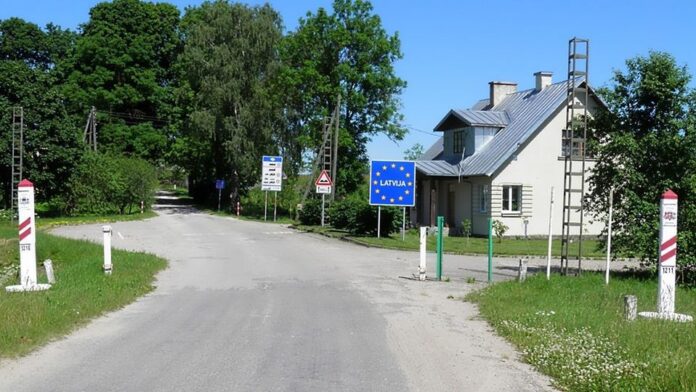The Saeima (The parliament of Latvia) has adopted amendments to the law “On Police”, granting police officers the authority to decide on prohibiting specific individuals from leaving Latvia for a period of up to four months. Such a prohibition may be imposed if a person is deemed to face danger at their intended destination or is considered ”unprotected”.
According to the adopted amendments, an “unprotected person” is someone whose life, health, and safety may be at risk. If the police receive information or a statement indicating that a person may be in danger abroad or there is some risk or threat to their life and health, a police officer is empowered to restrict that person from travelling abroad.
The decision of an authorized police officer takes effect immediately. It can be contested with the police chief, but that doesn’t suspend its enforcement. The police chief must make a decision within ten days, and if the travel ban persists, it can be appealed in court. However, this doesn’t halt the police officer’s decision. Until the court issues its final verdict, the individual is prohibited from leaving the country.
There are various interpretations of the necessity of this law. During the Saeima committee discussions, concerns were raised that Latvian minors could be taken out of the country against their will. Regarding adult residents of Latvia, it was mentioned that they might suffer from the actions of fraudsters or human traffickers who initially gain trust and then deceive their victims cruelly.
On one hand, it seems logical. However, a reasonable question remains: how do these amendments align with the right to freedom of movement guaranteed by the Universal Declaration of Human Rights of the United Nations for every law-abiding and capable adult?
Due to that, our party, the Latvian Russian Union, declares that we will monitor the law implementation to ensure that the law is applied proportionately and the responsible authorities do not abuse it by infringing the rights.




















